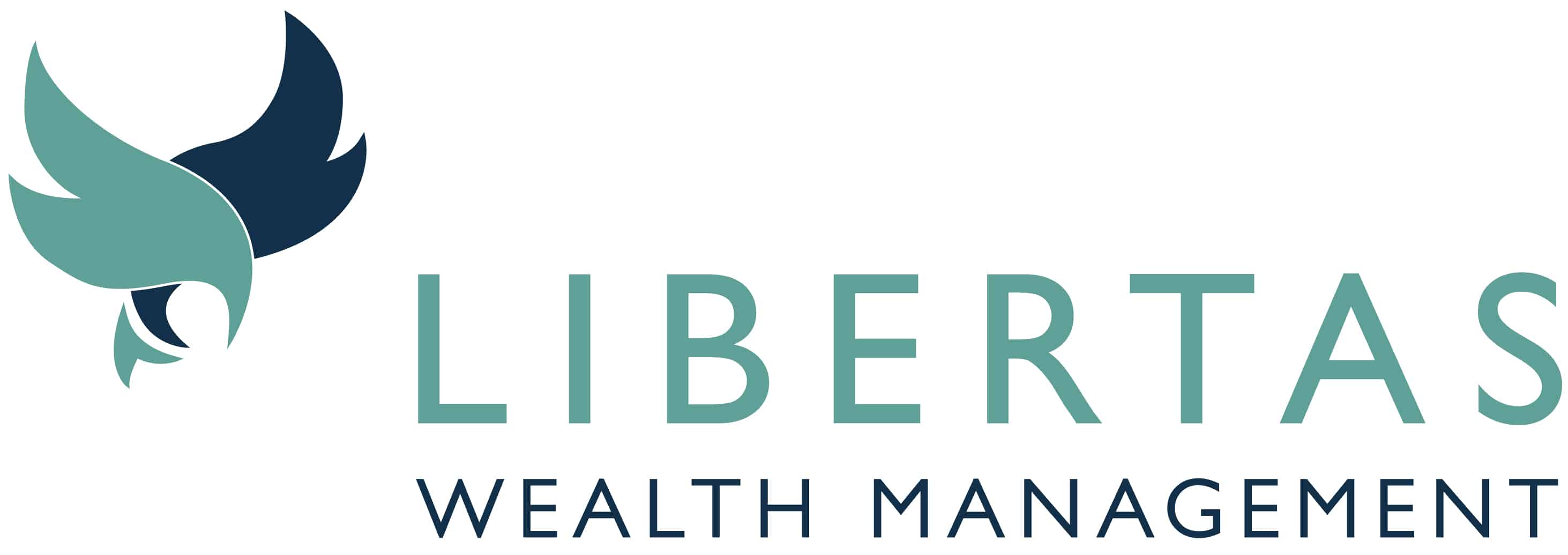Investing in different things, with different strategies
Pooled investment funds – also known as ‘collective investment schemes’ – are a way of combining sums of money from many people into a large fund spread across many investments and managed by a professional fund manager.
There is a diverse range of funds that invest in different things, with different strategies – high income, capital growth, income and growth, and so on.
Popular types of pooled investment fund
Unit trusts and open-ended investment companies
Unit trusts and Open-Ended Investment Companies (OEICs) are professionally managed collective investment funds. Managers pool money from many investors and buy shares, bonds, property or cash assets, and other investments.
Underlying assets
You buy shares (in an OEIC) or units (in a unit trust). The fund manager combines your money together with money from other investors and uses it to invest in the fund’s underlying assets.
Every fund invests in a different mix of investments. Some only buy shares in British companies, while others invest in bonds or in shares of foreign companies, or other types of investments.
Buy or sell
You own a share of the overall unit trust or OEIC – if the value of the underlying assets in the fund rises, the value of your units or shares will rise. Similarly, if the value of the underlying assets of the fund falls, the value of your units or shares falls. The overall fund size will grow and shrink as investors buy or sell.
Some funds give you the choice between ‘income units’ or ‘income shares’ that make regular payouts of any dividends or interest the fund earns, or ‘accumulation units’ or ‘accumulation shares’ which are automatically reinvested in the fund.
Higher returns
The value of your investments can go down as well as up, and you might get back less than you invested. Some assets are riskier than others, but higher risk also gives you the potential to earn higher returns.
Before investing, make sure you understand what kind of assets the fund invests in and whether that’s a good fit for your investment goals, financial situation and attitude to risk.
Spreading risk
Unit trusts and OEICs help you to spread your risk across lots of investments without having to spend a lot of money.
Most unit trusts and OEICs allow you to sell your shares or units at any time – although some funds will only deal on a monthly, quarterly or twice-yearly basis. This might be the case if they invest in assets such as property, which can take a longer time to sell.
Investment length
However, bear in mind that the length of time you should invest for depends on your financial goals and what your fund invests in. If it invests in shares, bonds or property, you should plan to invest for five years or more. Money market funds can be suitable for shorter time frames.
If you own shares, you might get income in the form of dividends. Dividends are a portion of the profits made by the company that issued the shares you’ve invested in.
Taxed dividends
If you have an investment fund that is invested in shares, then you might get distributions that are taxed in the same way as dividends.
For the tax year 2019/20, the tax-free Dividend Allowance is £2,000 a year.
Dividends above this level are taxed at:
7.5% (for basic-rate taxpayers)
32.5% (for higher-rate taxpayers)
38.1% (for additional-rate taxpayers)
Any dividends received within a pension or ISA are unaffected and remain tax-free.
Basic-rate payers who receive dividends of more than £2,000 need to complete a self-assessment return.
Disclaimer: The information provided in our website blogs is accurate and up-to-date at the time of writing. However, please be aware that legislative changes and updates may occur after the publication date, which could potentially impact the accuracy of the information provided. We encourage readers to verify the current status of laws, regulations, and guidelines relevant to their specific circumstances. We do not assume any responsibility for inaccuracies or omissions that may arise due to changes in legislation or other factors beyond our control.
If you would like any clarification, or have any questions, please get in touch.





